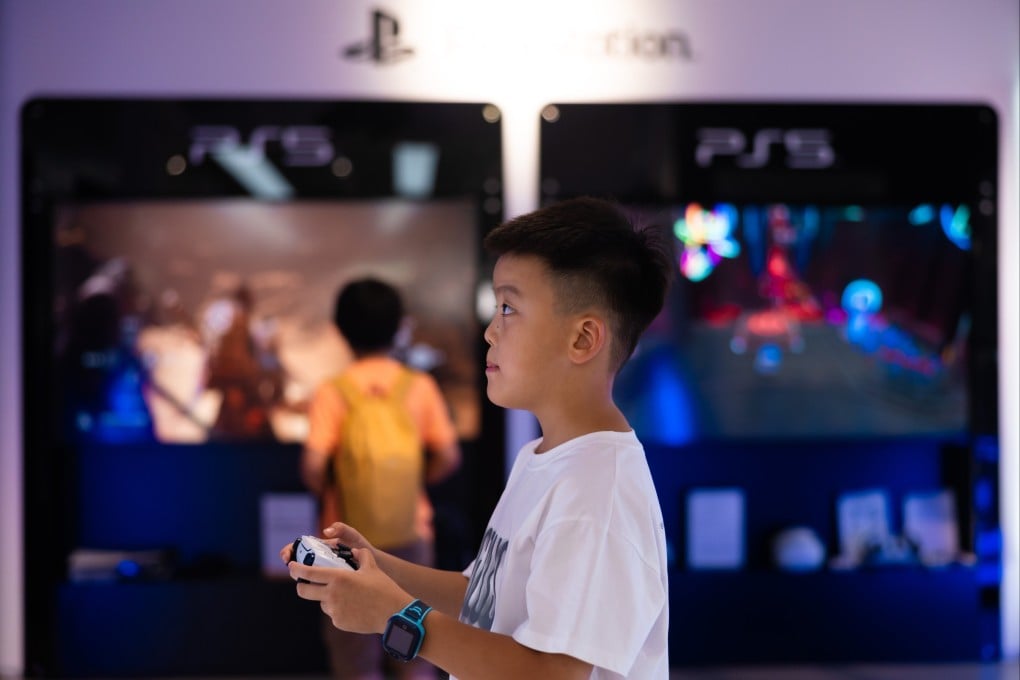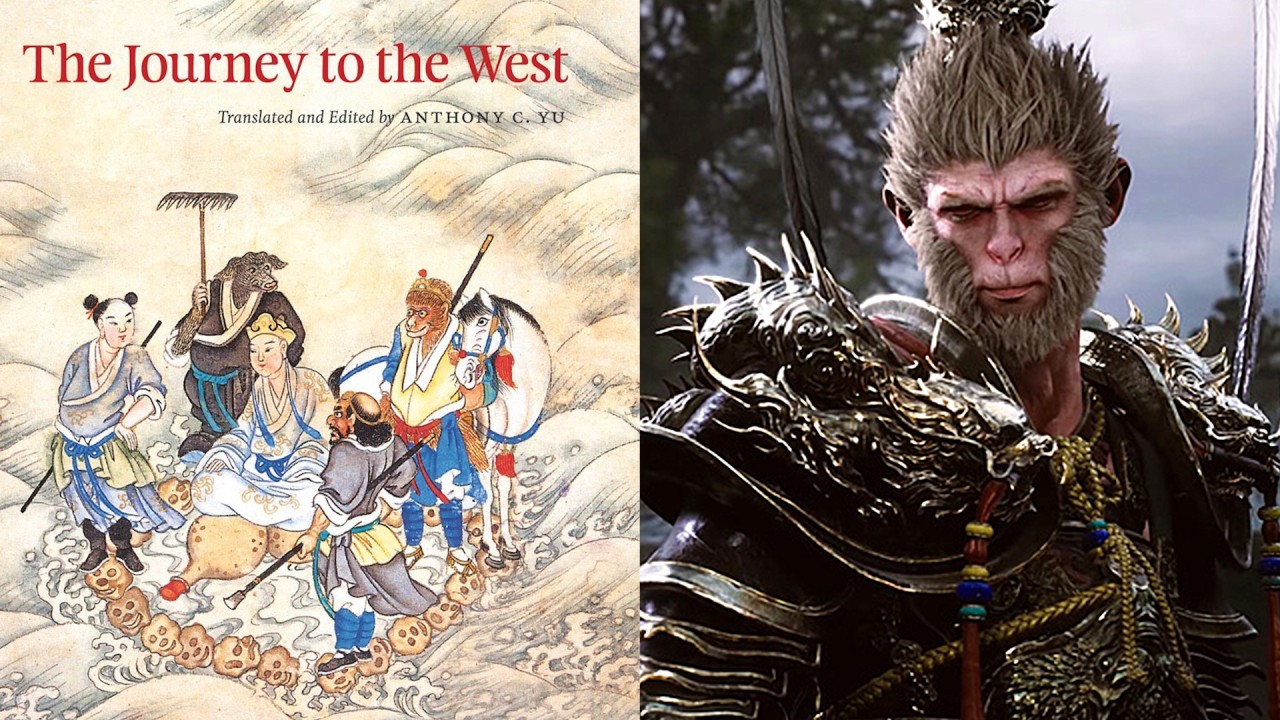Advertisement
Global Impact | China’s video game achievement may be anomaly for years to come despite Black Myth: Wukong
In this week’s issue of the Global Impact newsletter, we look at what the success of action role-playing game Black Myth: Wukong means for China’s gaming industry
Reading Time:7 minutes
Why you can trust SCMP
1

Global Impact is a weekly curated newsletter featuring a news topic originating in China with a significant macro impact for our newsreaders around the world. Sign up now!
Ahead of the August 20 global release of the video game Black Myth: Wukong, anticipation caused so much excitement in China that sales of Sony’s PlayStation 5 skyrocketed over the preceding seven days, leading to long wait times at bricks-and-mortar shops.
The Wukong mania that swept the nation shows how far the domestic video gaming industry has come in the last 10 years: Sony could not legally sell the PlayStation in China a decade ago, when the country was in its final year of a 15-year console ban.
China’s first AAA video game – an unofficial designation that signifies high costs, long development times and the most demanding graphics – is proving to be a massive success. It sold 10 million copies in less than four days, according to developer Game Science, and its peak simultaneous players measured by the digital game store Steam surged past other hit AAA titles such as Cyberpunk 2077 and Elden Ring.
Importantly, this is not just a win at home like Huawei’s China-made processor, which was considered a win for China but not the semiconductor industry. Black Myth is being praised by gamers worldwide, resulting in a score of 82 on Metacritic. That is not quite Elden Ring territory, with its score of 96, but it is more than respectable, especially for a debut AAA title.
With elements ripped straight from one of the most influential pieces of classic Chinese culture – it is inspired by the 16th century novel Journey to the West, where the Monkey King first appeared – Black Myth’s success has led to questions about whether the country’s massive video gaming industry could finally be boon to national soft power.
Advertisement
